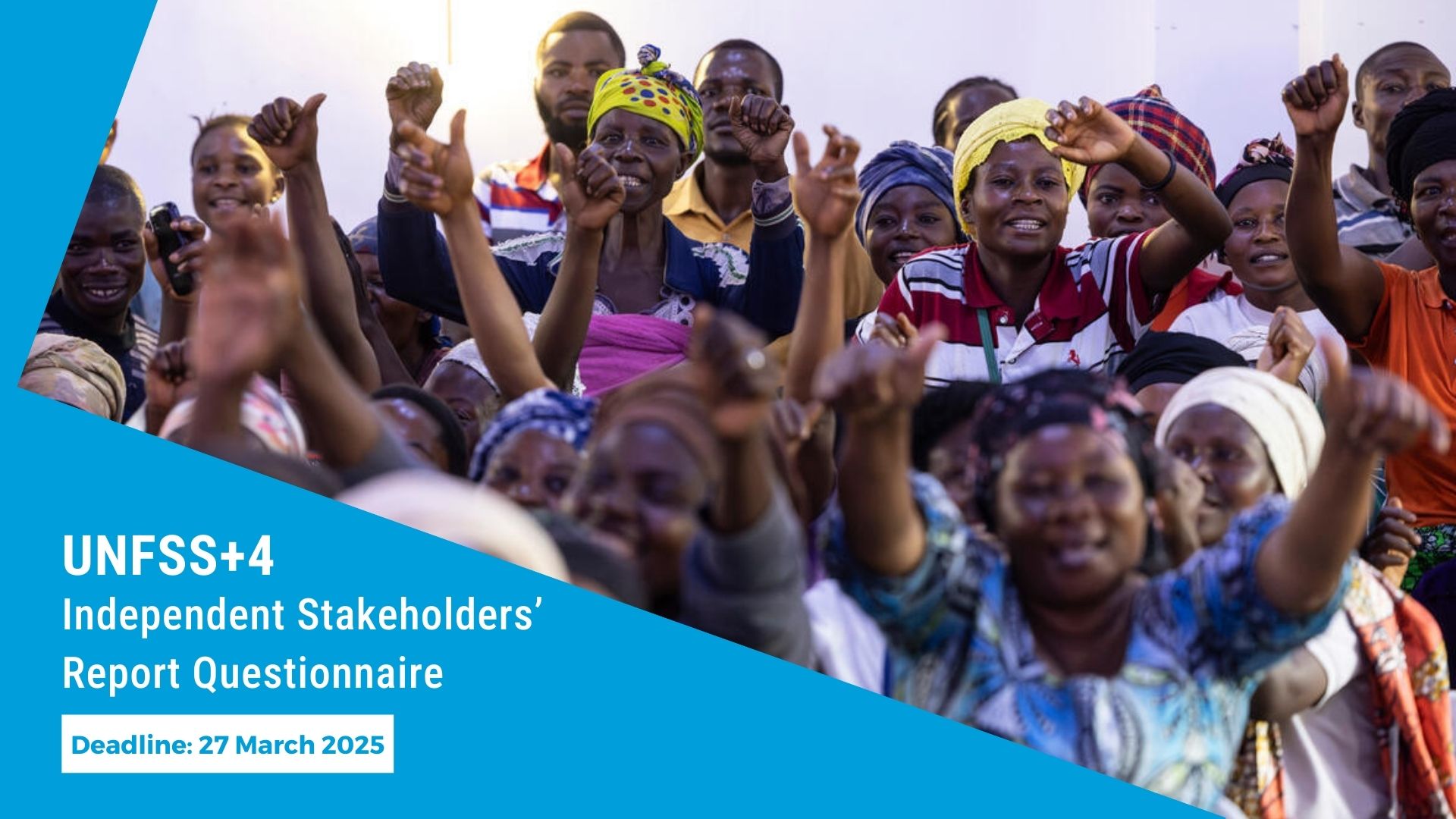SEED FUNDING JOINT PROGRAMMES
Egypt
Strengthening Sustainable and Resilient Food and Nutrition Systems in Egypt for SDG Acceleration




PROJECT TITLE | Strengthening Sustainable and Resilient Food and Nutrition Systems in Egypt for SDG Acceleration |
| Context | Egypt engaged actively in the 2021 Food Systems Summit process, convening a national dialogue and developing national pathways with recommended interventions for improving food security and nutrition by 2030. To enhance multi-sectorial coordination and spearhead the transformation process, the Government created a National Committee for Food and Nutrition Systems chaired by the Prime Minister and bringing together several ministries to coordinate joint actions. Strengthening coordination mechanisms, fostering multi-stakeholder partnerships, consolidating accountability structures, focusing on the availability of evidence, analysis, and data, are identified as key priorities to strengthen the food systems governance structure in Egypt. |
| PUNOs | WFP, FAO, UNICEF |
| Contribution to SDGs | SDG 2 Zero Hunger, SDG 3 Good Health and Well-being, 12 Responsible Consumption and Production. |
| Contribution to other SDG transitions | Climate, biodiversity, pollution |
| Duration | June 2024 – May 2025 |
| Expected financial leverage | $87,000 (PUNO co-financing) |
| Alignment with SG Call to Action | Policy integration; Food systems governance; Research, data, technology and innovation; Inclusive and participatory design; Private sector engagement |
| Outcomes | The JP contributes to strengthening policy and governance frameworks for food systems transformation and generating evidence and analysis on key dimensions of food systems to inform decision-making, supporting the work of the National Committee for Food and Nutrition Systems. The JP complements the government’s flagship program “Country Platform for the Nexus of Water, Food and Energy”, which provides a mechanism to mobilize climate finance and private investments. |
| Partners |
|
| Outputs |
|
Launch of the UNFSS+4 Independent Stakeholders' Report Questionnaire

©FAO / Alessandra Benedetti
The UN Food Systems Coordination Hub is pleased to announce the launch of a comprehensive questionnaire to gather critical inputs for the Independent Stakeholders’ Report to the UN Food Systems Summit +4 Stocktake (UNFSS+4).
Taking place in July 2025, the UNFSS+4 will serve as a critical milestone to assess concrete advancements toward more sustainable food systems. The UNFSS+4 will focus on reflecting on progress in food systems transformation at the national and global levels, strengthening accountability and unlocking investment opportunities for scaling impactful solutions for transformative action.
About the Independent Stakeholders' Report
The Independent Stakeholders’ Report will complement the official UN Secretary-General's Stocktake Report, by highlighting the perspectives of non-state actors (NSAs), including producers, consumer organizations, private sector representatives, youth, women, Indigenous Peoples, education and research institutions, workers and trade unions and other food systems stakeholders.
Framed and drafted independently by self-organizing multi-stakeholder constituencies, the report will assess progress, challenges and investment opportunities in food systems transformation. It will also reflect on NSA accountability, by setting out key objectives for different actors of the food systems community against which they will be invited to report at regular intervals.
Your input matters
The information gathered through this questionnaire will:
- Directly contribute to the preparation of the Independent Stakeholders' Report
- Serve as evidence for shaping the agenda and outcomes of UNFSS+4
- Provide constructive critical reflections and recommendations to further raise the ambition of UNFSS follow-up efforts by 2030.
This questionnaire offers the opportunity for stakeholders to share their efforts and experiences in food systems transformation initiatives at local/sub-national, national, regional, and global levels—both within national pathways implementation and in broader initiatives beyond them. Participation ensures that the diverse voices of all food systems actors are included in UNFSS+4 preparations and outcomes.
Submit your response by 27 March 2025
The UN Food Systems Coordination Hub encourages all food systems stakeholders to contribute to this critical assessment of global food systems transformation.
We kindly request that each organization submits only one consolidated response to ensure comprehensive representation of your organizational perspective.
Complete the questionnaire now: English | Français | Español
For questions regarding this questionnaire, please contact the UN Food Systems Coordination Hub at fss-hub@fao.org
